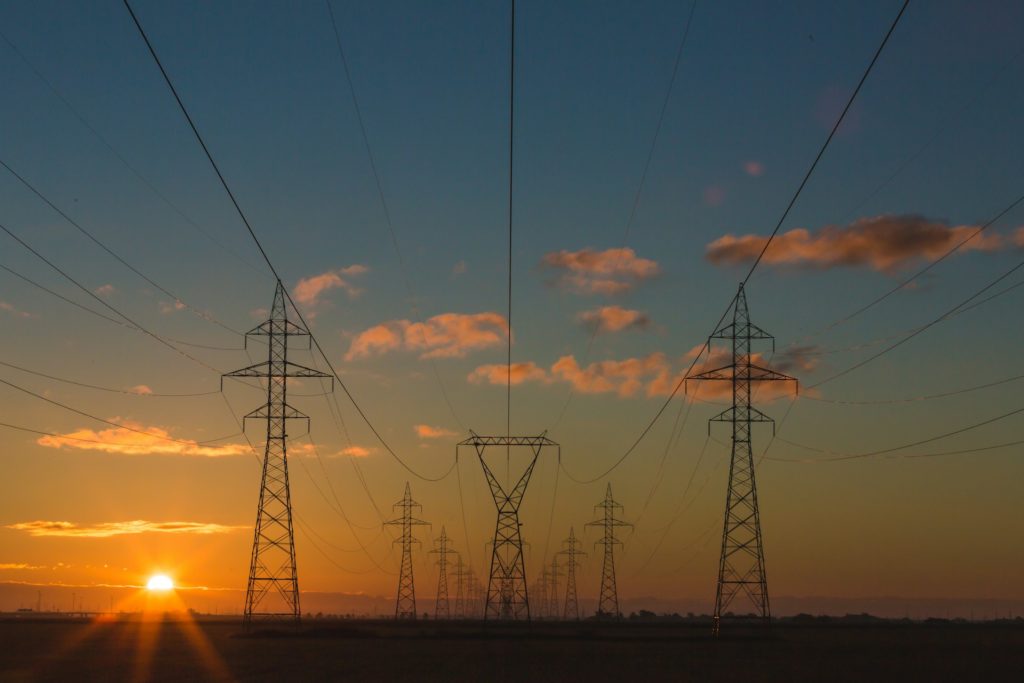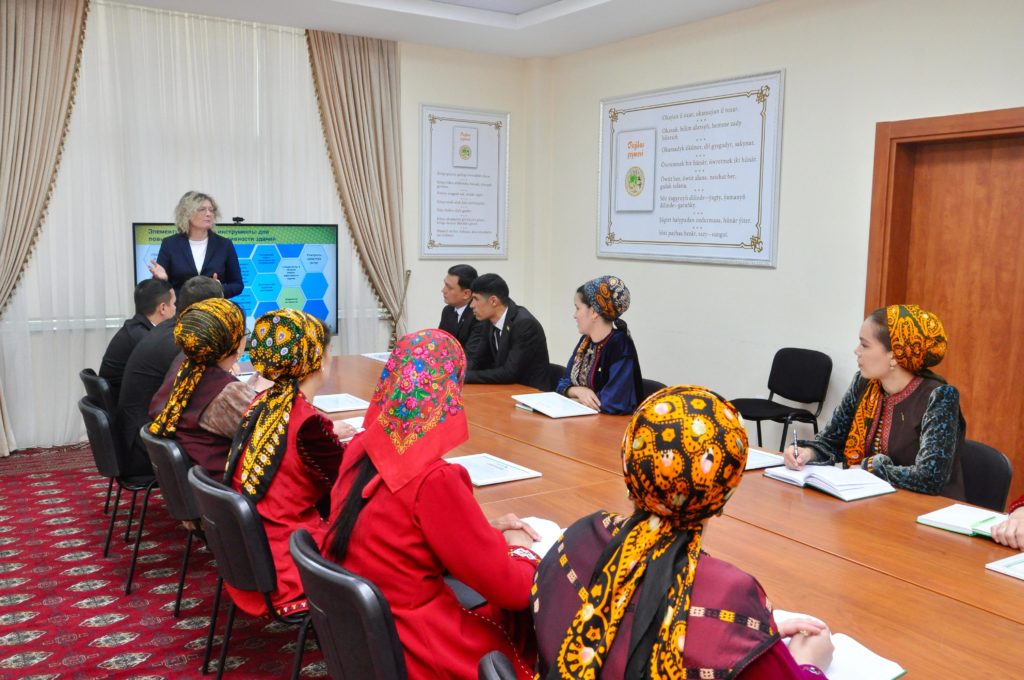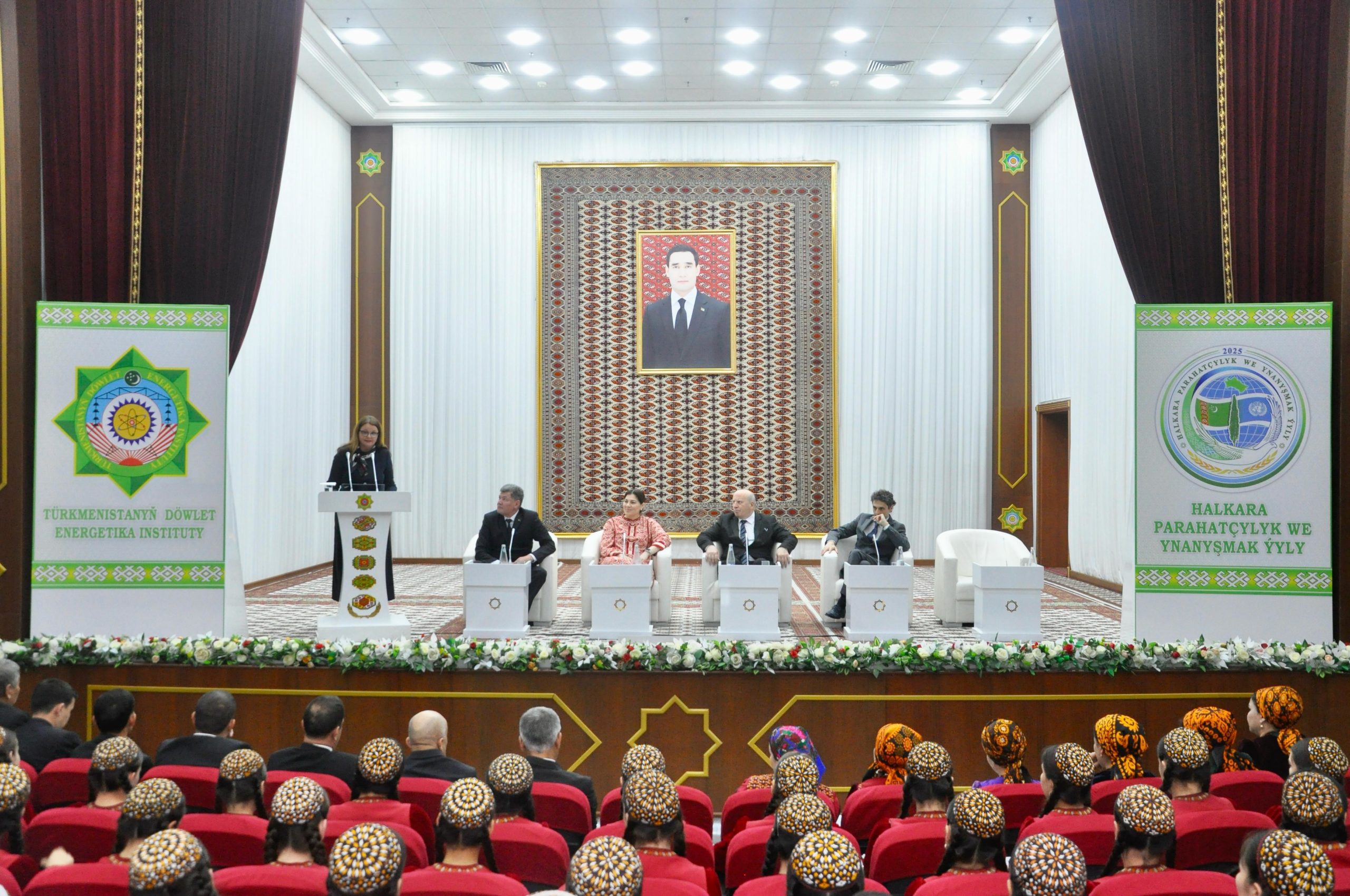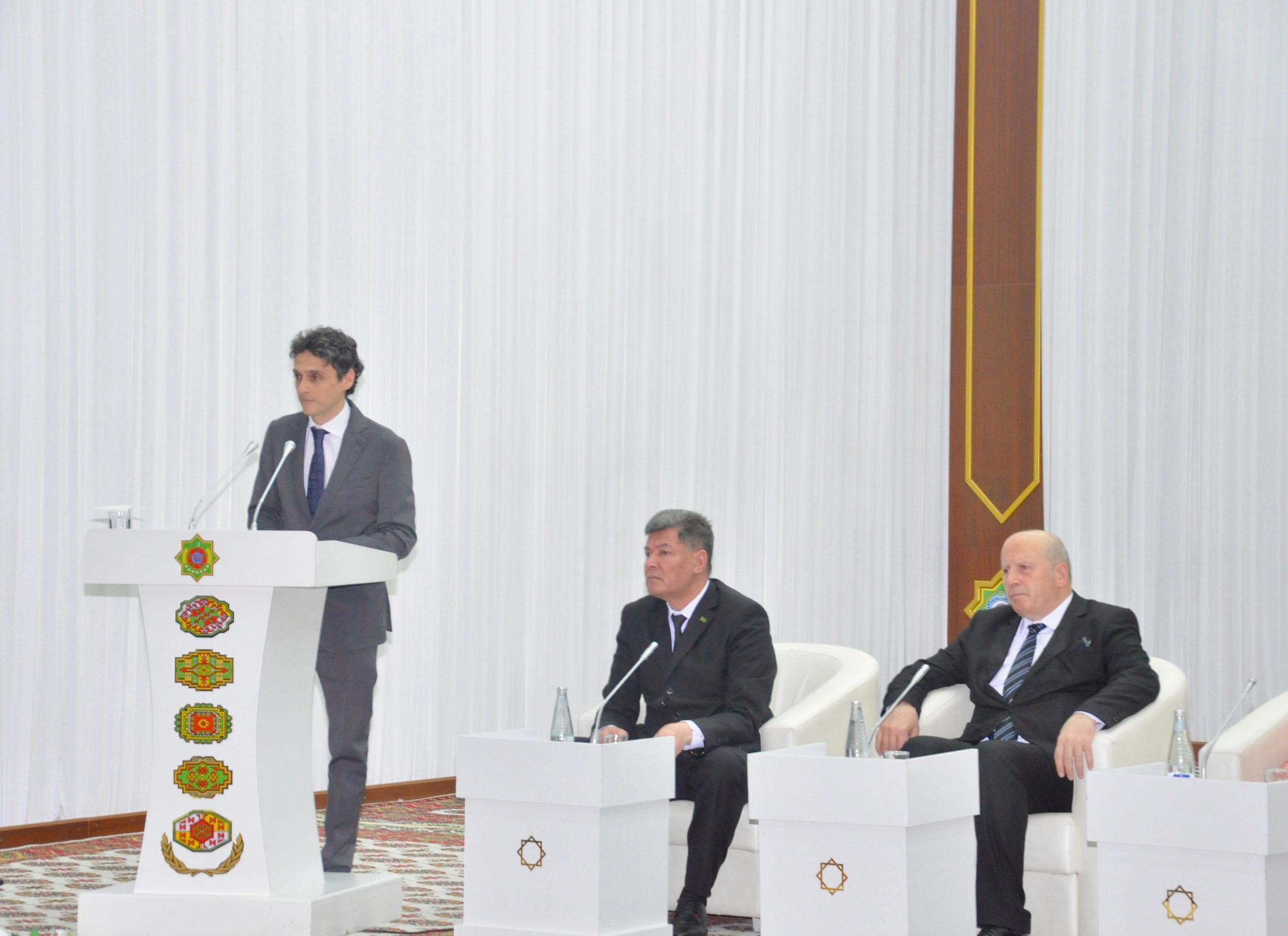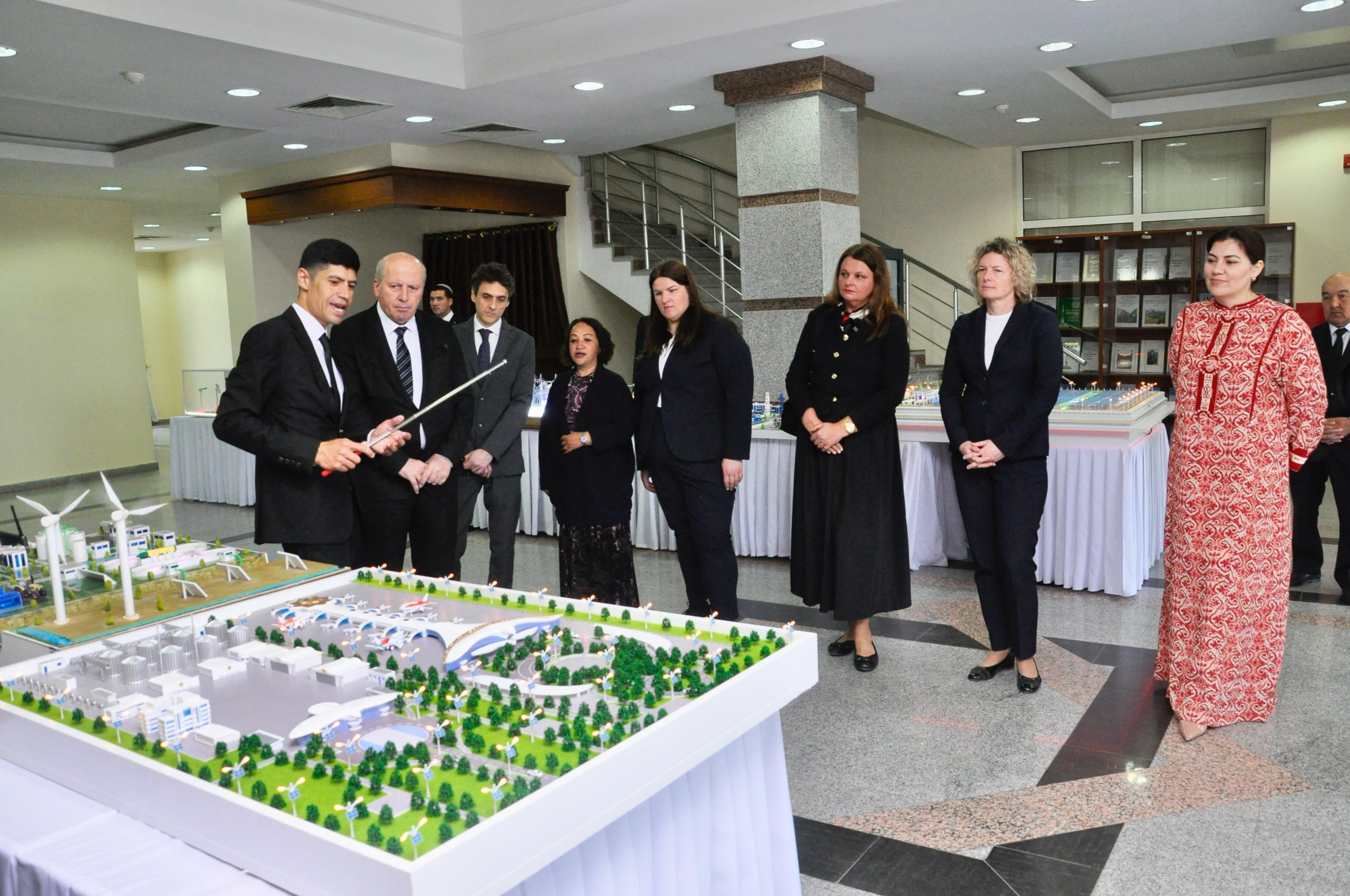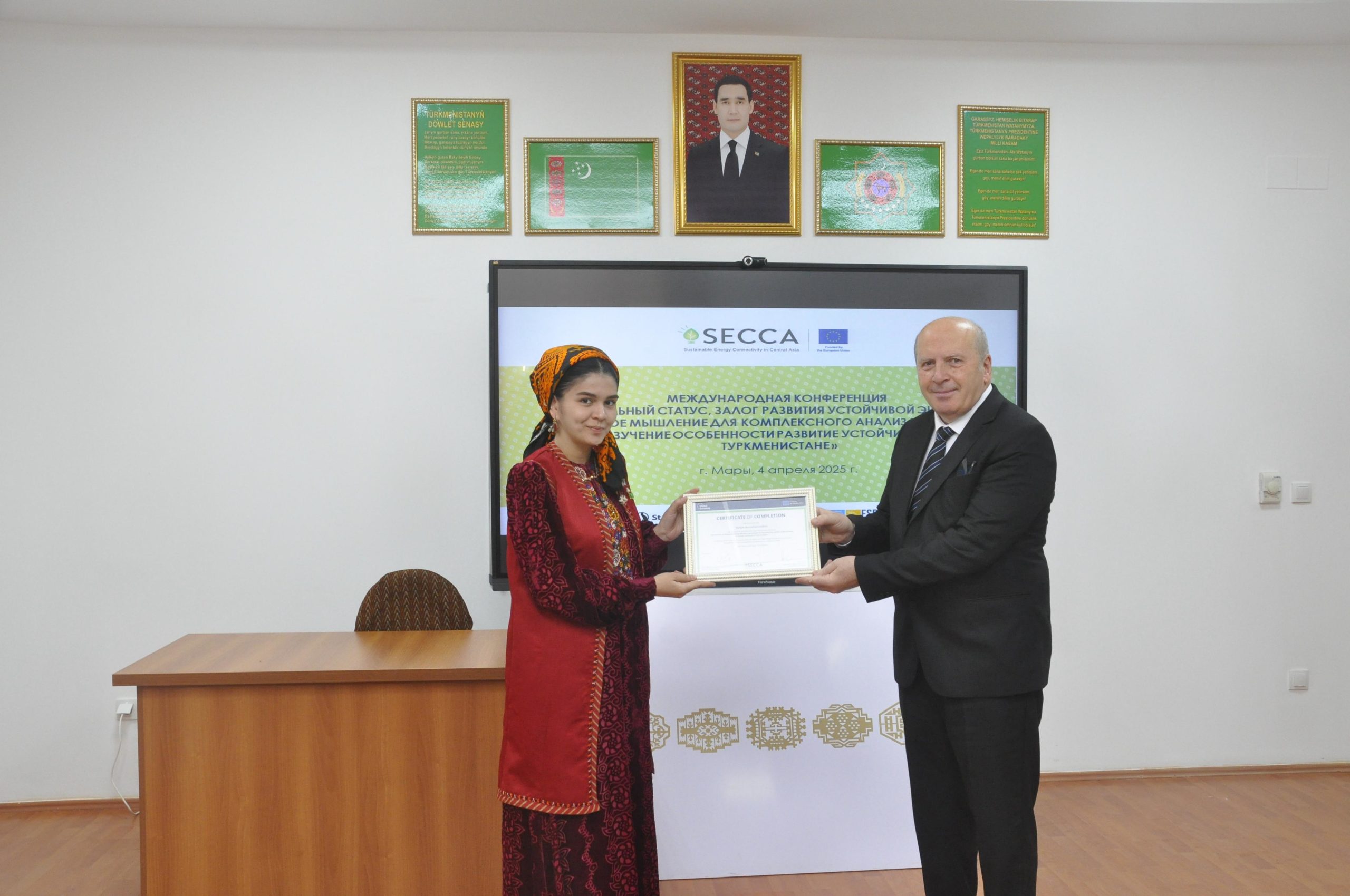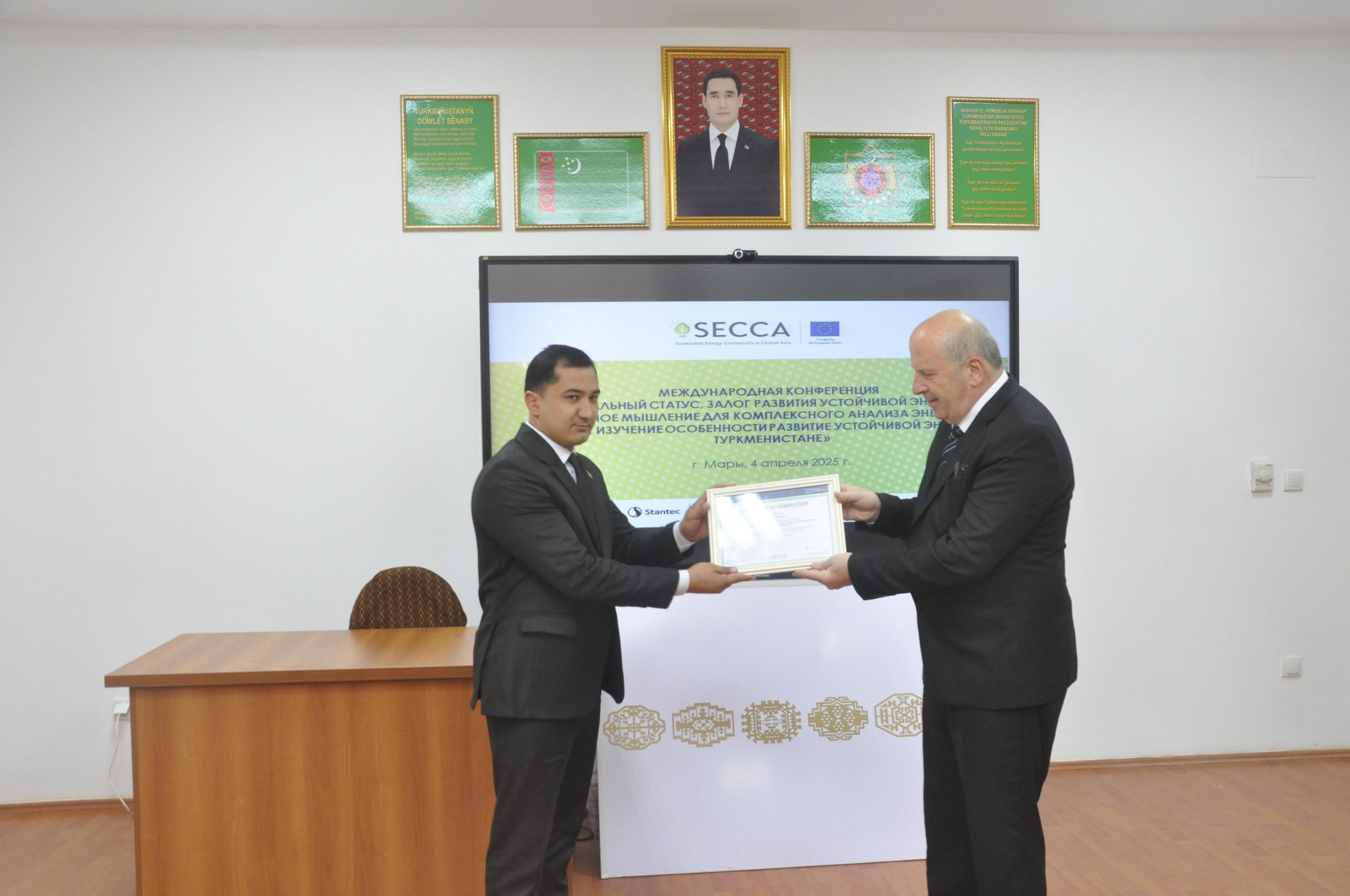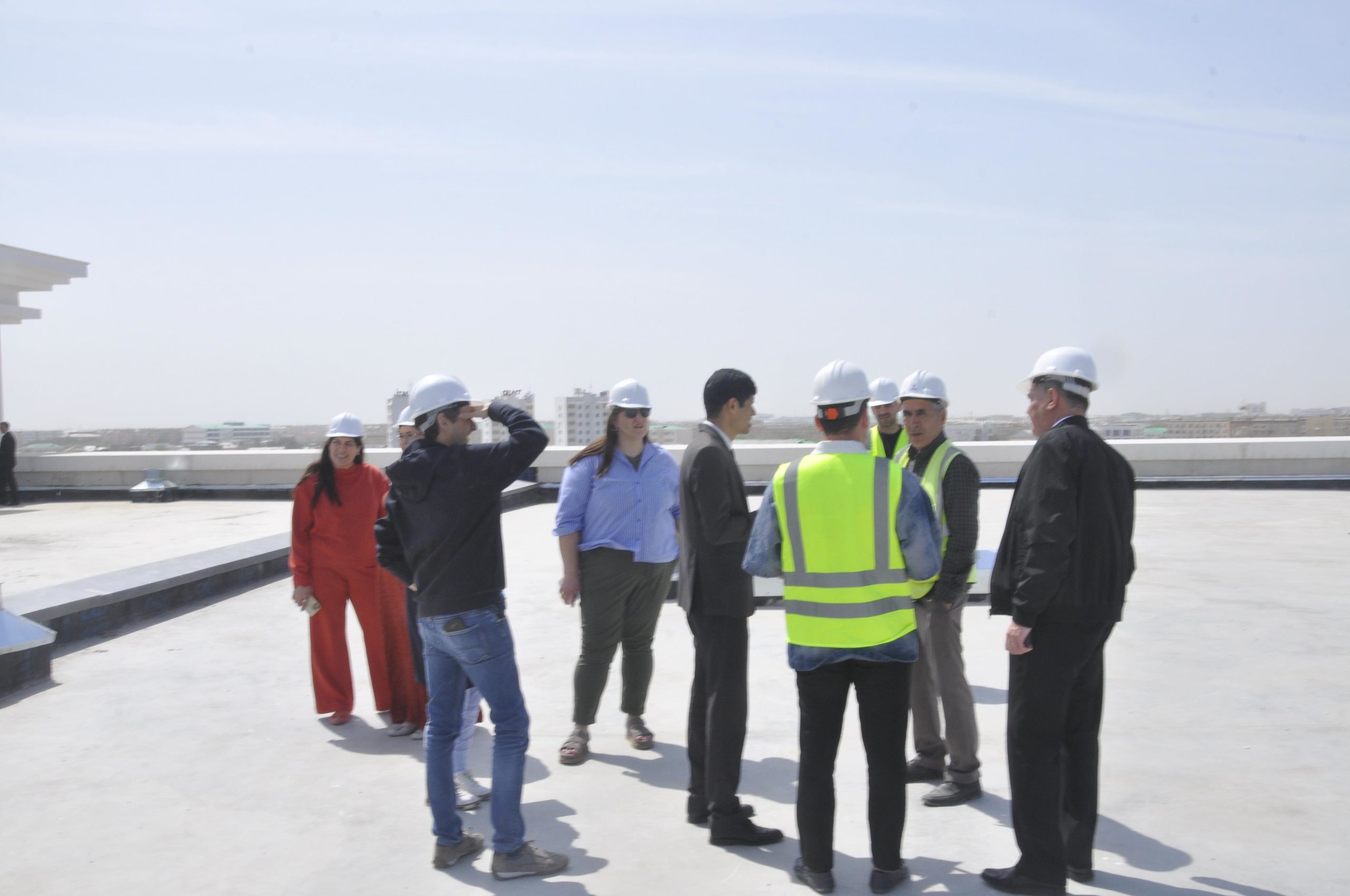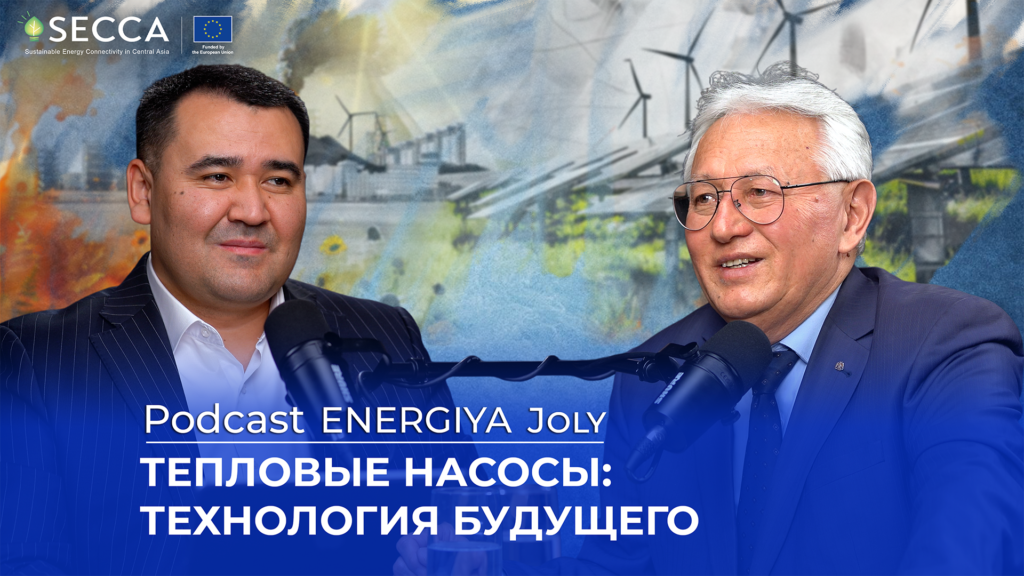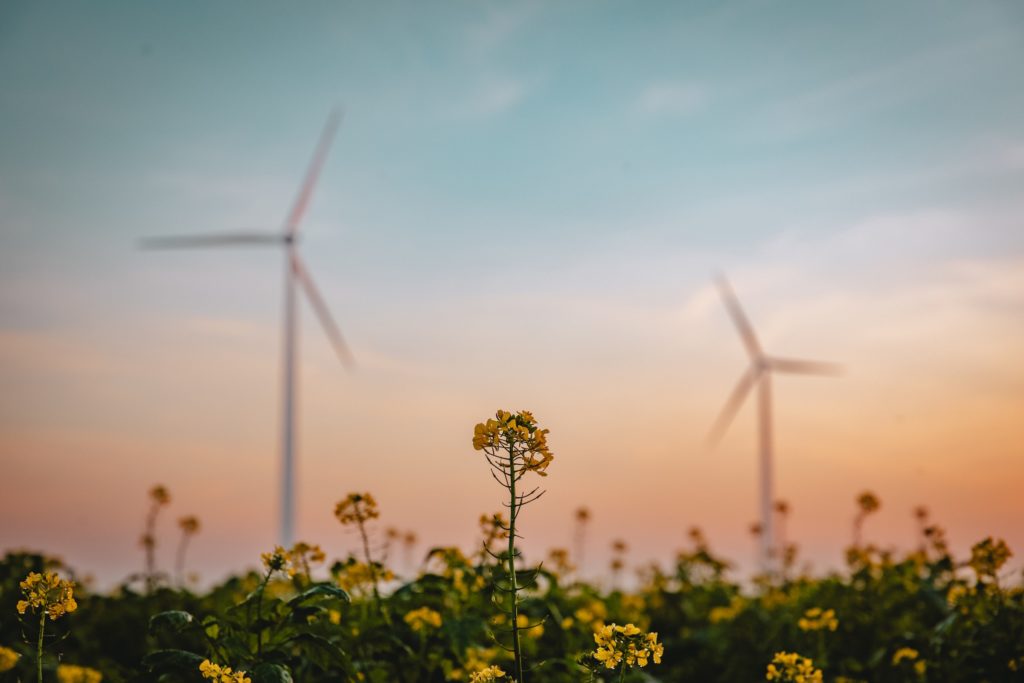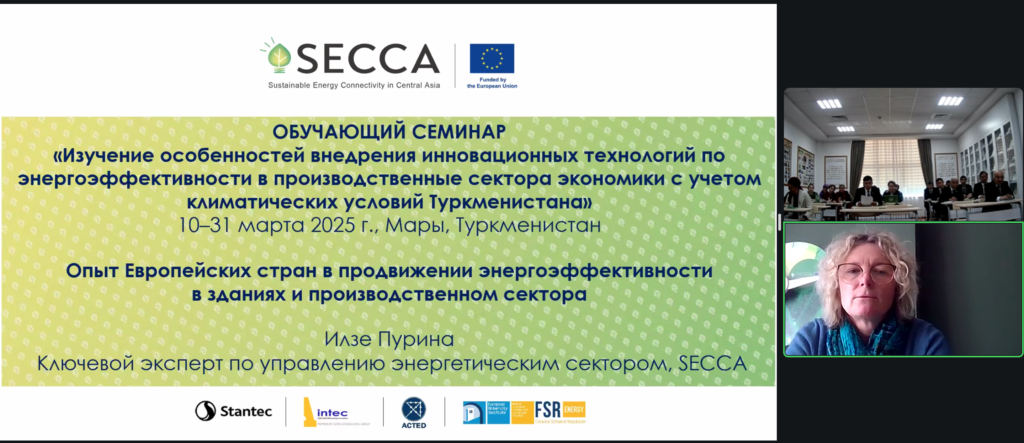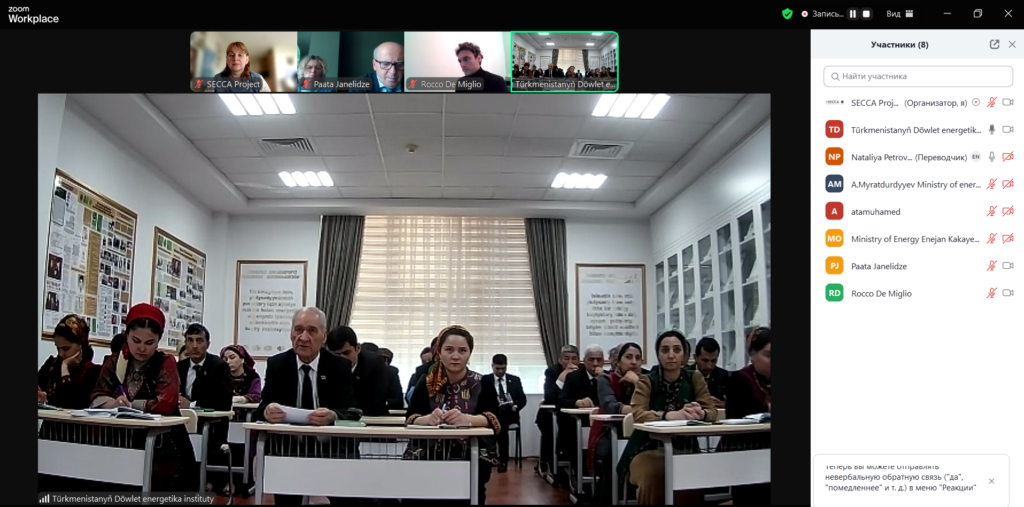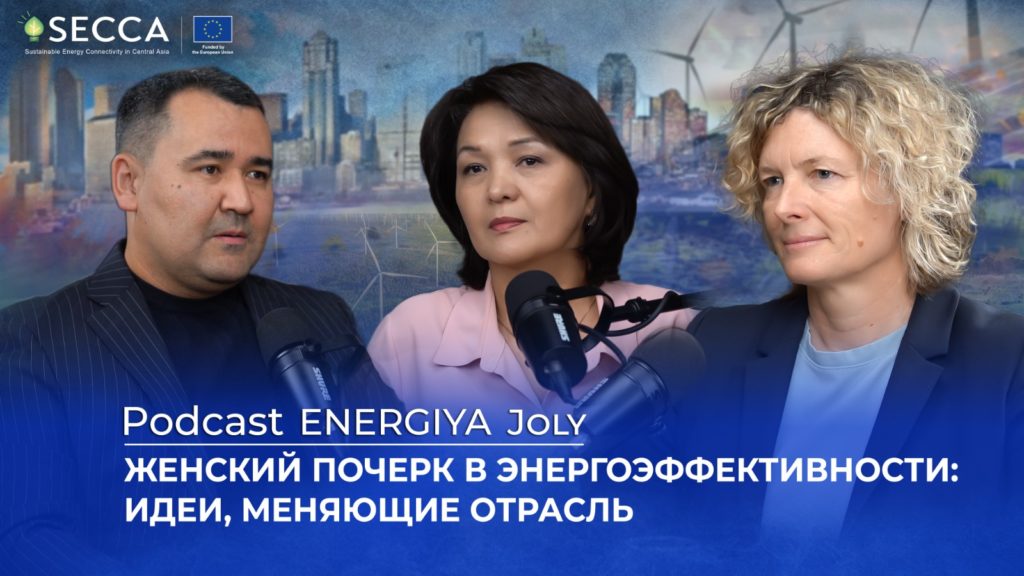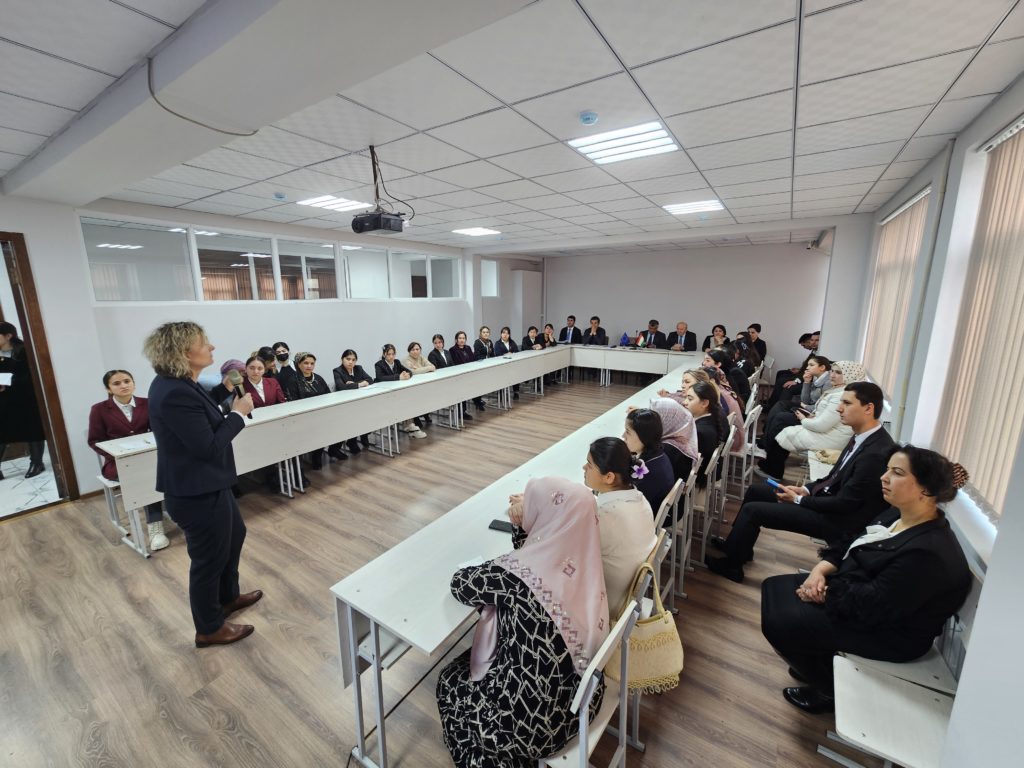Gender equality and clean and affordable energy are closely interconnected. They are both a Sustainable Development Goal (SDG), respectively “Achieve gender equality and empower all women and girls” (SDG 5) and “Universal access to affordable, reliable, sustainable and modern energy” (SDG 7). Equally, they are also an enabler and a pre-condition for the achievement of the 2030 Agenda for Sustainable Development at large.
Girls and women have specific energy-related needs and make use of energy in different ways compared to boys and men, due to activities and responsibilities shaped by social norms and cultural beliefs around gendered roles. For instance, girls and women tend to be usually assigned domestic and care-taking chores which, amongst others, lead them to spend more time indoors, using energy to prepare meals, wash clothes, heat water, etc.
As such, access to reliable, affordable and clean energy is a major enabler for girls’ and women’s empowerment. When available, it reduces drudgery and saves time for girls and women in managing their domestic chores and enables them to pursue education, study also after sunset, engage in income-generating activities such as starting small businesses or working outside the home. Access to electricity also strengthens women’s safety and improves mobility when dark.
Additionally, clean cooking fuels play a critical role in protecting the health and safety. Households with no access to clean cooking fuels turn to burning wood, coal and manure, which generate hazardous, indoor air pollution that causes a variety of short and long-term diseases, including respiratory problems, eye irritation, allergic reaction, heart diseases and cancer. The World Health Organisation estimates that in 2020, 3.2 million people died globally due to indoor air pollution[1]. As main users of cooking devices, girls and women are ultimately the main victims of inefficient cook devices. Furthermore, in the absence of clean cooking fuels, women are often tasked with procuring firewood, which implies a significant physical drudgery and increases women’s time poverty, as the daily time invested into collecting firewood cannot be invested into income-generating or educational activities.
Therefore, the degree to which energy policies, products and services are designed and delivered acknowledging, integrating and responding to the needs and views of women impact the effectiveness of energy programmes and policies as well as women’s empowerment. In turn, different levels of women’s empowerment affect the development and resilience of communities at large: global research has demonstrated that the higher the level of education and economic empowerment of women in society, the higher the wellbeing of households and communities, with documented positive impacts on children’s education, household’s healthcare, environmental preservation, corporate innovation and profitability, and societal resilience.
Assessing the Gender and Energy Nexus in Central Asia
In 2022 the European Union launched the EU Support to Sustainable Energy Connectivity in Central Asia (SECCA). The four-year project promotes a more sustainable energy mix in Central Asia in line with EU best practices. Covering Kazakhstan, Kyrgyzstan, Tajikistan, Turkmenistan, Uzbekistan, SECCA strives to strengthen and enhance a more inclusive policy, regulatory and institutional framework for a regional transition to a sustainable energy system. In doing so, it contributes to the promotion and integration of gender- and rights-based considerations into energy policies and targeted energy programmes.
In this scope of work SECCA recently conducted national gender assessments in each of the five target countries to investigate the status of the interconnections between access to clean energy and gender. Four specific dimensions were explored, namely:
- The policy dimension of the gender and energy nexus
- Access to electricity and clean cooking fuels
- Girls in science, technology, engineering and mathematics (STEM) education
- Women’s employment in the energy sector.
The national and regional findings ensuing from this research were presented and discussed during a multi-stakeholder regional conference in Kazakhstan in October 2024.
Regional Overview and Challenges
Based on the research conducted by SECCA, countries within the Central Asian Region share a number of common features and trends, in addition to national specificities.
Gender-disaggregated data in the energy sector are largely unavailable. This applies to the gendered distribution of students across fields of study, the gendered breakdown of the energy sector workforce, pay grids in the energy industry as well as the demographics with and without access to electricity and clean fuels. While data are at times available for some sub-sectors, a systematic and regular collection of gender disaggregated data is lacking and, at best, replaced by estimates.
With regard to energy policies, references to gender equality and/or social inclusion remain limited. When available, they are more frequent in climate-related policies, documents and regulations than in the energy sector. Generally, Ministries of Energy do not yet have separate, dedicated resources, including budgets, to mainstream gender. It is however promising that Ministries of Energy in Kyrgyzstan and Uzbekistan have recently established a Gender Committee and a Gender Council respectively.
Gender imbalances are visible starting from STEM-related studies, which are mostly undertaken by men. While no data are available for girls in STEM in Tajikistan and Turkmenistan, current estimates and partial figures from Kazakhstan, Kyrgyzstan and Uzbekistan indicate that girls account for about 30-40 percent of STEM graduates. Uzbekistan shows promising developments, with the Statistics Agency reporting a steady increase in the share of girls in STEM, raising from 32.6 percent in 2017 to 40.2 percent in 2021.
Women’s under-representation in these fields is not due to a lower retention of female students in education: data from Kazakhstan and the Kyrgyz Republic show that girls are underrepresented in STEM despite studying longer and being more qualified than boys. Social and cultural norms still play a key role in directing young student’s educational and professional paths: studies conducted in Uzbekistan and the Kyrgyz Republic point, in particular, to the predominant influence of parents and family environments.
Awareness is starting to be raised about the importance of building the talent force in sectors related to the energy transition. This occurs especially via international initiatives promoting girls in STEM in Central Asia, such as Skills4Girls by UNICEF and STEM4All by UNDP and UNICEF, whereas domestic programmes focus more on youth-oriented engagement than on girls-only initiatives.
The gender imbalance across fields of study is relevant also because it confines women to less paid jobs and positions. In particular, the energy sector displays one of the highest gender imbalances in the workforce among industries, with women accounting on average for 16 percent of the workforce in the energy sector in the Region.
 Besides being significantly fewer than men, women’s employment in energy companies is also characterised by:
Besides being significantly fewer than men, women’s employment in energy companies is also characterised by:
- An over-representation of women across lower paid and administrative positions
- Barriers in career advancement opportunities
- An under-representation of women in managerial and leadership roles.
In addition to the mentioned imbalance in STEM education, common barriers preventing or limiting women’s access, retention and progression within the energy sector workforce include cultural and societal norms, beliefs and expectations around gendered roles; gendered stereotypes about male and female capacities and aspirations; conservative role model projections; women’s low self-confidence; lack of women-oriented coaching, mentoring, networking and job placement opportunities; biased human resource and retention practices, and corporate policies not aligned to work-life balance. In fact, most energy companies in the Region do not currently comprise of specific policies and programmes to assess and improve their gender equality performance. Corporate programmes on awareness-raising, anti-harassment, gender equality targets, and gender mainstreaming trainings are mostly missing. The few corporate initiatives to improve internal equality and inclusion performance remain individual, voluntary measures.
The renewable energy sector is no exception to this gendered imbalance, although it offers a more nuanced picture: women’s employment therein is estimated to be higher than in the traditional energy sector in the case of Kyrgyzstan, Tajikistan, Uzbekistan. In Kazakhstan, renewable energies employ fewer women than the traditional energy sector, whereas no notable difference between the two sectors is detected in Turkmenistan as far as women’s employment is concerned[2].
As to energy access, countries in the Region have generally achieved universal electrification. Yet, stable, affordable and reliable access to electricity is still not thoroughly ensured, particularly to dwellers in rural and remote areas, which still account for a large share of the population in countries, such as Kyrgyzstan and Tajikistan, where urban residents are a minority. Due to the roles and tasks that they are socially expected to perform, women are disproportionately impacted by the constraints and challenges posed by insufficient and unreliable energy access.
Promising Steps Forward
Findings from the SECCA research indicate that Central Asia is in its early days with regard to the integration of gender considerations across the multiple dimensions of the energy sector. Despite the large share of common issues, regional initiatives, exchanges and cooperation in the field remain few and at an early stage. Yet, the Region also features some examples of promising concepts and practices, a sample of which is provided hereafter.
- Associations of Women in Energy: Several associations of women in energy have been recently established in Central Asia, bringing together women working in the energy sector and committed to promote a more inclusive and gender equal energy industry. Initiatives such as the “Women in Energy Club”, the “Women for the Just Transition Network”, the Women’s Club “Oil Girl” in Kazakhstan or the “Women in Energy Association” in the Kyrgyz Republic hold dedicated activities such as awareness-raising events, training programmes, international cooperation, awards for female professionals, and networking platforms to gather female professionals in the energy public and private sector, increase visibility of issues of gender in the sector and promote a women-friendlier sector.
- Gender Equality Roadmap: In 2020, Uzbekistan’s Ministry of Energy developed a Gender Equality Roadmap with practices such as gender mainstreaming, gender indicators, women-friendlier corporate practices and work environments, equal opportunities expected to be implemented. While at present it is not clear to what extent the planned activities have been held, and with what results, the concept of a gender equality roadmap is potentially a valid tool in enhancing awareness, capacities and implementation of gender equality and women’s empowerment in the public and private energy sector.
- Gender Target: In 2022 the President of the Republic of Kazakhstan mandated all State companies to gradually increase the average proportion of women in the boards, boards of directors, and supervisory boards across the entire group of companies of the Samruk Kazyna Fund, which also includes energy corporations, so as to reach a 30 percent share by 2030.
- Gender Equality Board: In 2021, the Uzbek joint-stock company Uzbekenergo established a Gender Equality Board to promote gender equality within the company and provide dedicated support to female staff, safeguarding their rights, welfare and empowerment. In February 2024, the Board set also goals related to the collection and analysis of sex-disaggregated data about employees of the company, participation in local and international conferences, seminars and training devoted to gender equality. The Gender Equality Board plans to raise awareness about gender equality and the prevention of gender violence among the employees.
- Women’s Empowerment Principles: The Women’s Empowerment Principles (WEPs) are a set of seven principles developed by the United Nations Global Compact and UN Women to promote gender equality and empower women in the workplace, marketplace, and community. They are based on international labor and human rights standards and provide a framework for businesses to take action on gender equality and contribute to a more inclusive and equitable workplace and society. As of November 2022, 44 Kazakhstani companies were WEPs signatories, including KazMunayGas, the largest national oil and gas company.
- Mentoring Programme for Women in Energy: Since 2022, the OSCE in partnership with the Global Women’s Network for the Energy Transition (GWNET) has been running a dedicated mentoring programme to support Central Asian mid-career women working in the energy transition field by matching them with experienced energy professionals from the Region and beyond and contributing to strengthening local women’s skills, changing gendered perceptions and fostering female leadership.
- MBA Programme for Women in Energy: In 2022 the first dedicated Executive MBA programme on “Women’s Leadership in the Energy Industry” was launched in Atyrau Oil & Gas University in Kazakhstan, to prepare women to become highly professional, proficient managers and business partners in the energy sector.
- Regional Cooperation: In 2022, the Gender Council of the Ministry of Energy of Uzbekistan and the Association of Women in Energy of Kyrgyzstan signed a memorandum of cooperation and understanding to expand cooperation opportunities and increase the role of women in the energy sector, promoting gender-oriented professions in the energy sector, engineering and engineering ICT-technologies, providing consulting, information assistance to the younger generation, as well as organizing joint projects and analytical work.
Preliminary information about the current implementation of and impacts from these initiatives show that, if effectively applied and scaled up regionally, they have the potential to make the energy sector significantly more inclusive and gender-equal.
Author of the article: Silvia Sartori, Gender Specialist, EU-funded SECCA project.
The article was originally published on the the Florence School of Regulation (FSR) website: https://fsr.eui.eu/advancing-gender-equality-and-clean-energy-in-central-asia/
The contents of the article are the sole responsibility of the author and do not necessarily reflect the views of the European Union.
The SECCA project is funded by the European Union and implemented by a consortium led by Stantec sa/nv with Intec-GOPA International Energy Consultants, ACTED, and the Florence School of Regulation (FSR) – Energy, as consortium partners.
[1] World Health Organisation, Indoor air pollution, 2023. Available at: https://www.who.int/news-room/fact-sheets/detail/household-air-pollution-and-health.
[2] Organization for Security and Co-operation in Europe (OSCE), 2024. Advancing a Just Energy Transition in Central Asia: Women’s Key Role in the Energy Sector. Available from: https://www.osce.org/files/f/documents/f/f/561811.pdf
